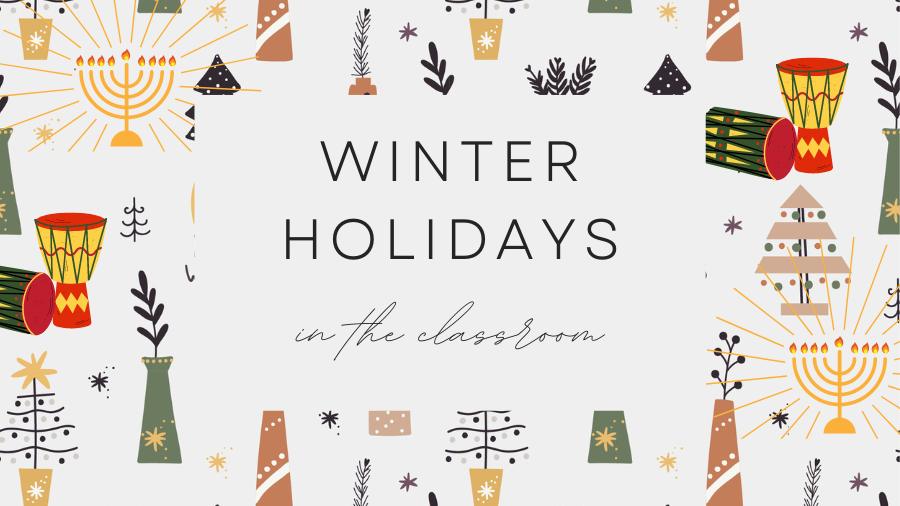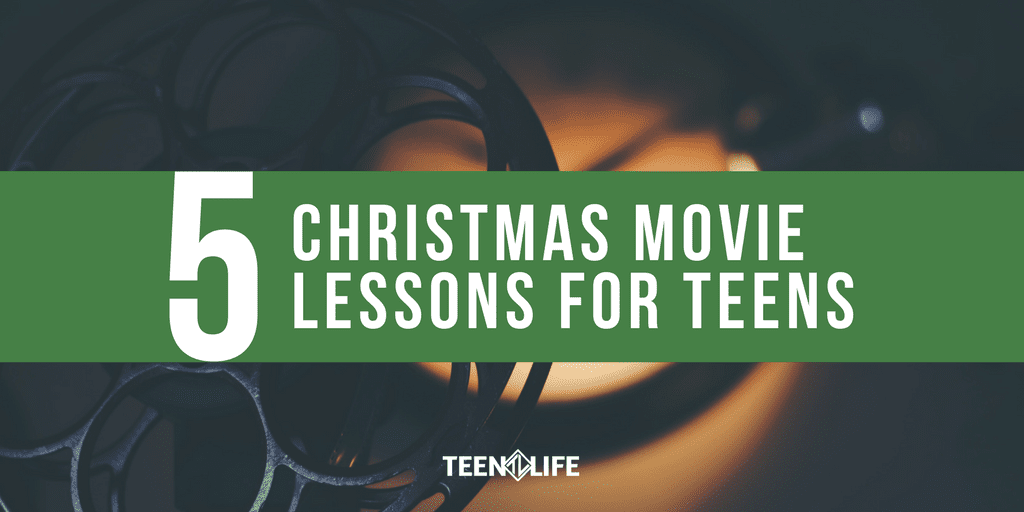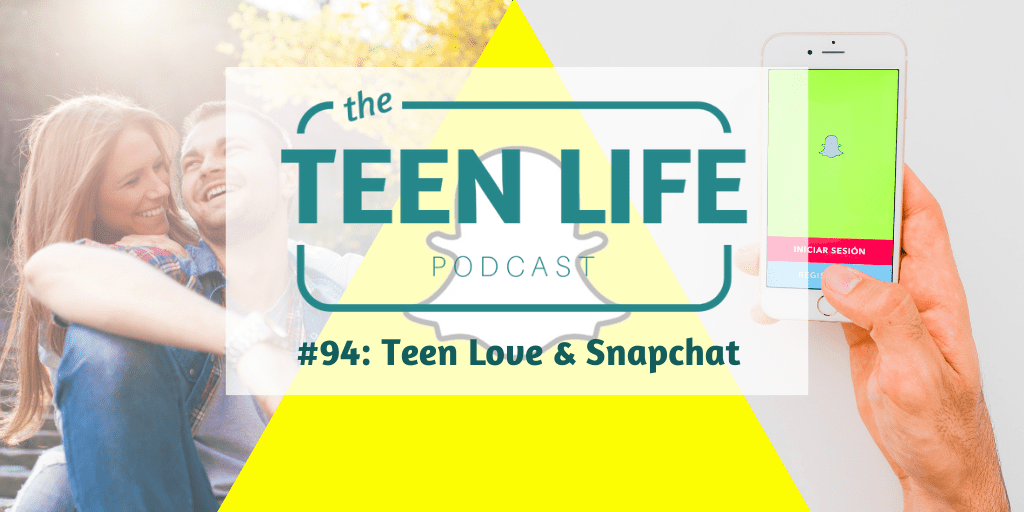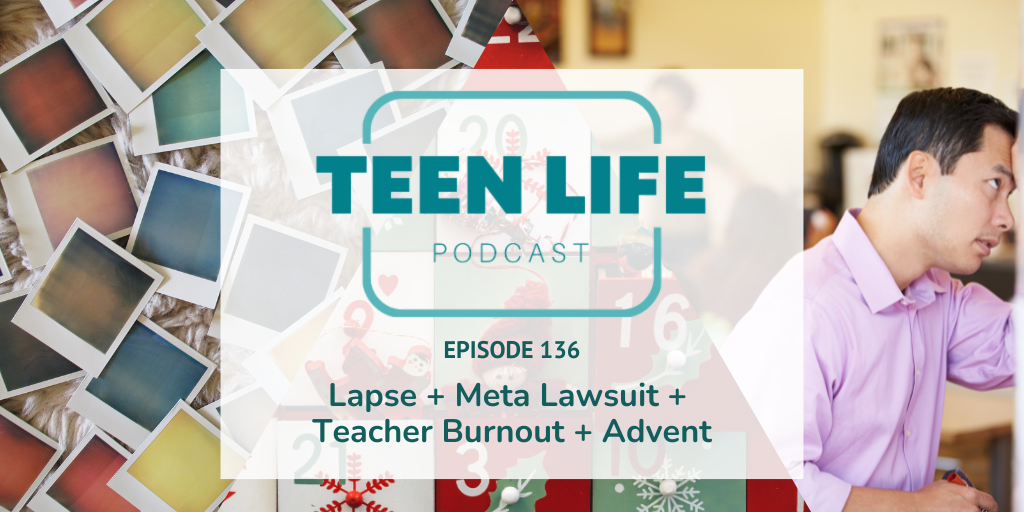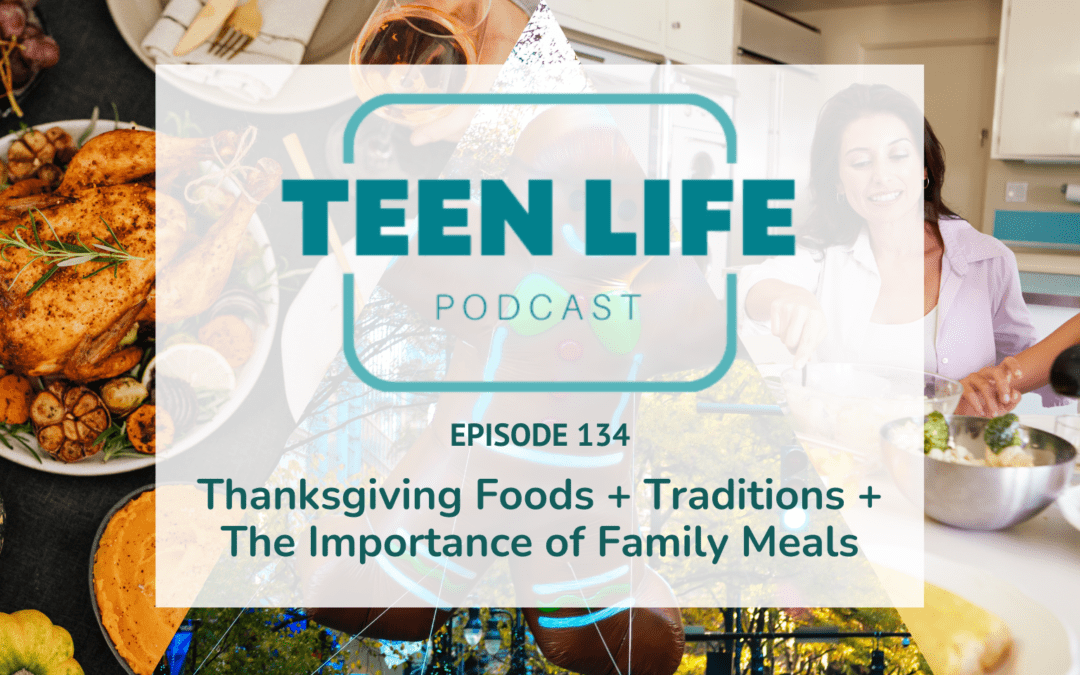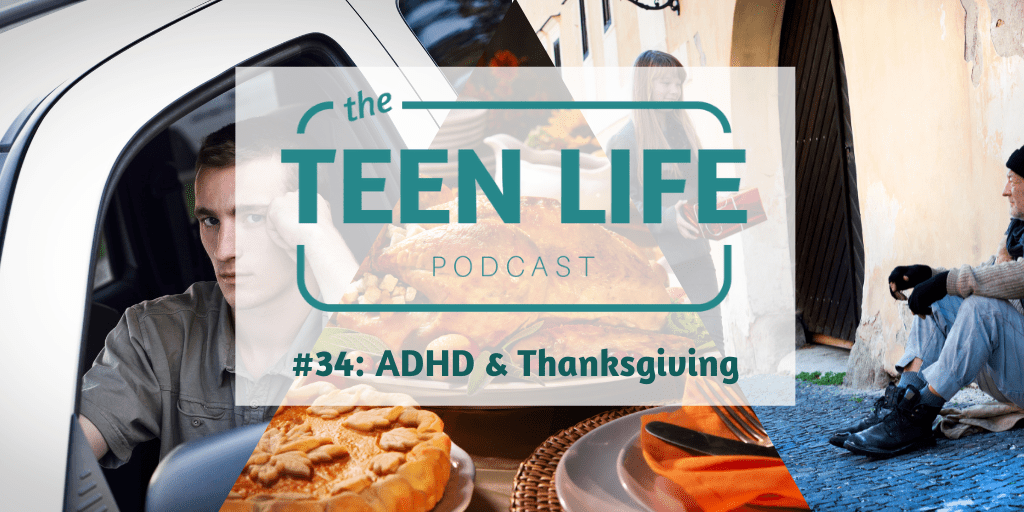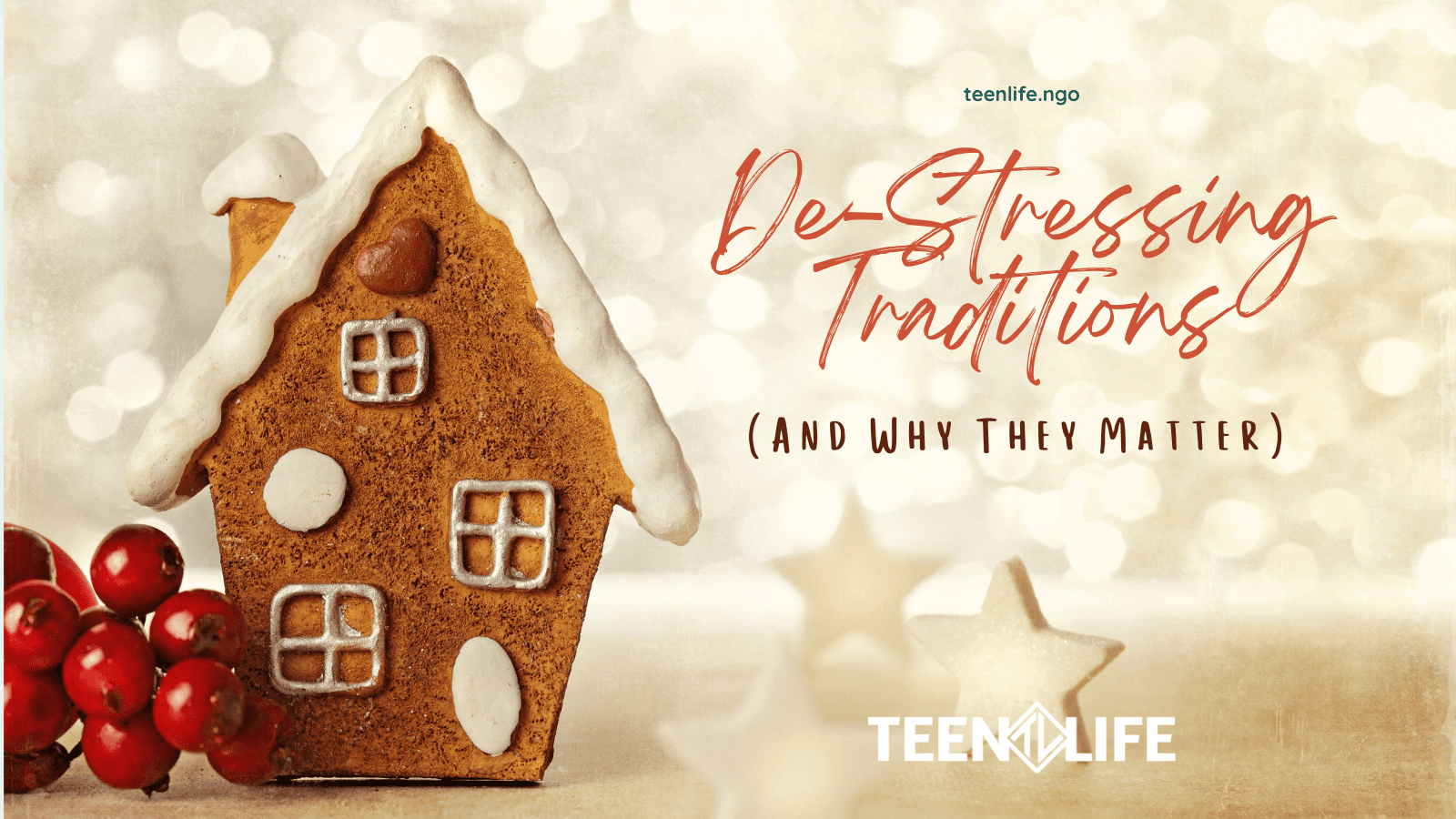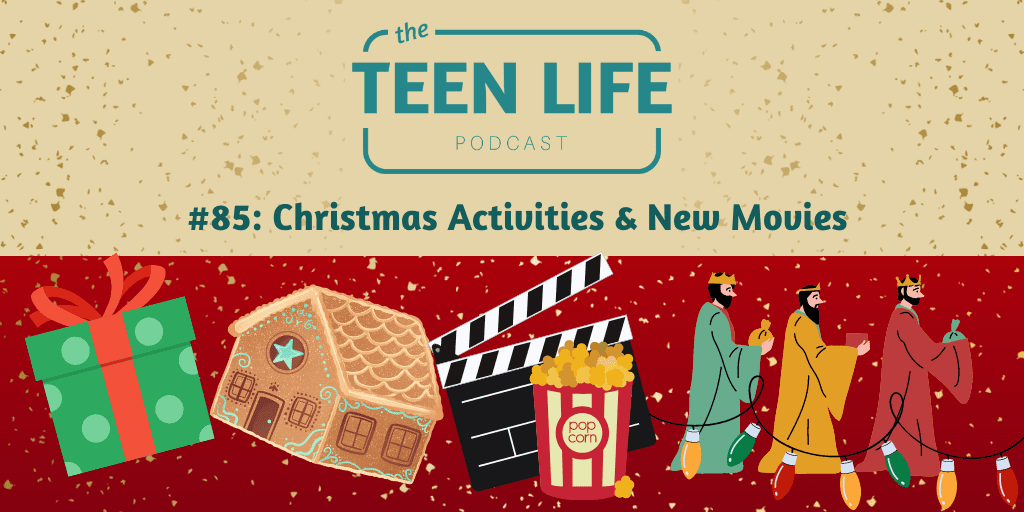
Holiday Bucket List for Teens
Making the Season Memorable and Meaningful
As the holiday season approaches, many teens are looking forward to a break from school routines and some well-deserved downtime. This is the perfect time for adults – whether parents, teachers, or mentors – to help teens make the most of their break by suggesting activities that encourage a mix of fun and growth.
When I think back on my Christmases as a teen, I remember a few gifts, but I mostly remember things like staying up most of the night to finish a 24 marathon with my brother, long car rides to visit grandparents, making sugar cookies as a family, and going to watch White Christmas with my dad in an old theater.
I don’t think it is a coincidence that I remember the things that brought connection, laughter, and joy. They didn’t even cost much!
With that in mind, here are some ideas for an unforgettable holiday, plus challenges teachers can pass along before break begins!
Holiday Bucket List Ideas for Teens
1. Watch a Classic Holiday Movie at the Theater
There’s something magical about seeing an old holiday favorite on the big screen. Whether it’s White Christmas (my personal favorite), It’s a Wonderful Life, Home Alone, or Elf, experiencing these classics in a theater brings a new level of excitement. Encourage teens to go with friends or family members and share the fun of these timeless stories together over popcorn and an Icee.
2. Learn a Family Recipe
Cooking together is a great way to bond, share stories, and build traditions. Challenge teens to spend time with family members to learn a favorite recipe that’s been passed down through generations. Whether it’s baking cookies, making tamales, or cooking a holiday casserole, the process can spark new memories and build confidence in the kitchen (which is a skill they will use for years to come).
3. Organize a Small Holiday Party for Friends
The holiday season is all about gathering with loved ones, so why not encourage teens to host a small get-together with friends? From choosing a theme to planning the activities, snacks, and decorations, organizing a holiday party helps build social skills, teamwork, and even some project management!
4. Volunteer in the Community
The holidays can be a tough time for many, and volunteering is a meaningful way to give back. Teens could spend a day at a local food bank, volunteer at an animal shelter, or even help out with community holiday events. It’s a great reminder of the importance of empathy, kindness, and service during the holiday season. There are also benefits to kindness that can set teens up for success, especially with their mental health.
5. Read a Book (Or Series) Just for Fun
With the busy school schedule, teens may not often get the chance to read for pure enjoyment. Suggest they start a new book or series that they’ve been interested in. Fantasy, romance, mystery – there are so many genres to dive into! For those who prefer short stories or graphic novels, there are countless engaging and accessible options. Or audiobooks are another great way to consume stories if you know a teen who isn’t a big reader!
6. Get Outside and Go on a Winter Walk
For those who enjoy being outdoors, a winter walk can be the perfect escape from screen time. Studies also show that being outside can have a positive impact on mental health, so encourage teens to grab a friend or family member, bundle up, and take a stroll outside. If you want to take it a step further, bring a camera or phone for a mini photography session and allow teens to be creative and capture the beauty of the season.
7. Try a New Hobby or Skill
The holiday break offers a little extra time to explore something new. Teens might want to try their hand at painting, playing a musical instrument, or even learning basic coding. For a bonus, encourage them to team up with friends and learn together – they might discover hidden talents!
Ideas For Teachers and School Staff to Give Teens
I didn’t forget about you! Holiday breaks should be a time for students (and you) to rest and have fun. But there are some fun challenges that you could give for some extra credit or to encourage your students to grow and learn over the break.
Here are just a few you could try:
1. Read-a-thon: Challenge students to read a certain number of books or pages over the break. They can track their books and find recommendations in apps like Goodreads or StoryGraph.
2. Learn a New Language: Have them use language learning apps or websites to learn a new language. See who can have the longest Duolingo streak over the break!
3. Research a Unique Holiday Tradition from Another Culture: Challenge teens to learn about a holiday tradition from a culture different from their own. They could even try recreating a dish or craft from that tradition to share with friends and family.
4. Dear Future Self: Encourage teens to take a quiet moment to write a letter to themselves, sharing what they’re proud of, what they’re excited about, and any hopes or goals they have for the future. After break, you can collect these letters and mail them back at the end of the school year.
The best gifts we can give teens are opportunities for connection, growth, and joy.
Whether it’s learning a family recipe, hosting a party, or simply taking a walk to admire winter’s beauty, these moments often become the cherished memories they carry into adulthood.
Encourage the teens in your life to embrace the holiday spirit by trying something new, reconnecting with loved ones, or giving back to their community. With just a little inspiration and guidance, this holiday season can be one they’ll treasure for years to come.
As you check off items on your own holiday to-do list, remember to make space for the little things that bring meaning and magic. The teens you support will thank you, and you’ll both walk away with memories that outshine any gift wrapped under the tree.

Karlie Duke
Communications Director
Karlie Duke | Director of Communications
Karlie has always had a heart for teenagers. Through her role at Teen Life, she loves to showcase the amazing stories coming out of Support Groups, but she is especially passionate about helping adults and teenagers find connection. Karlie has a BS in Communications with a minor in Family Studies from Abilene Christian University.
